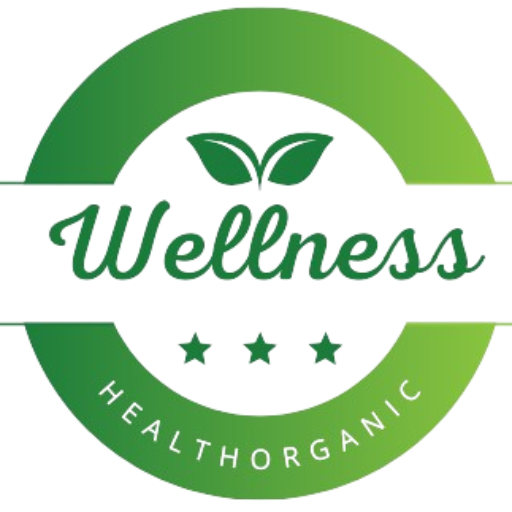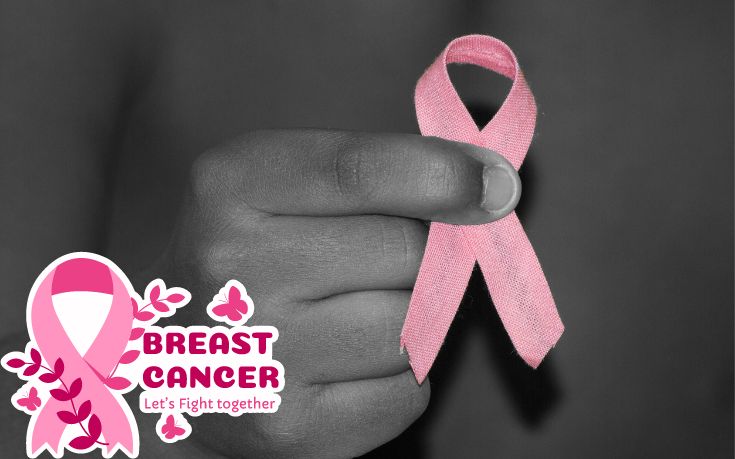Breast Cancer just the mention can send shivers down anyone’s spine. It is one of the very topics that very few would like to discuss, still, owing to its immense propagation and an increasing casualty rate, it becomes highly necessary to understand the risks and preventive measures.
Yet if you have ever been concerned about your risk, you’re not alone. Good news: Experts say there are practical steps one can take to lower the odds of developing this disease. Let’s dive into what you need to know.
Breast Cancer: Risk factors
Breast cancer does not discriminate, and it can strike any person; however, some factors can increase a woman’s risk. The known causes include a person’s age, genetics, family history, and certain gleaned lifestyle choices. Although some of these risk factors are beyond our control, many are within our hands. Knowing what these are can empower you to make conscious decisions about your health.
Genetics play a significant role. Mutations in the BRCA1 and BRCA2 genes, for example, significantly increase the risk of breast and ovarian cancers. If you have a family history of breast cancer, especially among close relatives, it’s wise to discuss genetic testing with your doctor. This can provide insight into your risk and guide preventive strategies.
Lifestyle Choices and Breast Cancer Risk
One of the most impacting areas where you have power is your lifestyle. Diet, exercise, and alcohol consumption are all factors that can do much to change the risk. A good diet comprises nutrients, enriched in fruits, vegetables, whole grains, and lean proteins to help in maintaining a healthy weight. Other associations of obesity are, particularly after menopause, the increase in risk for breast cancer. It includes foods rich in antioxidants and healthy fat, especially omega-3 fatty acid derived from fish and flaxseeds.
Another potent weapon for this is exercise. Regularly engaging in physical activities helps regulate hormones and attain a good weight. Aim for 150 minutes of moderate aerobic activity or 75 minutes of vigorous activity each week in addition to strength-training exercises twice weekly.
Moderate alcohol intake is very necessary. Studies have equally shown that women who drink alcohol face a higher risk of breast cancer. The risk is higher with the amount of alcohol consumed. It is, therefore, best to limit alcohol consumption to the barest minimum of not more than one drink per day.
Hormone Replacement Therapy and Birth Control
Hormone replacement therapy and some types of contraception methods may also affect your risk. HRT, especially combined estrogen-progesterone, slightly increases the risk of breast cancer.
Before deciding to start a treatment or stop your use of HRT to relieve menopausal symptoms, you should consult with your doctor regarding the advantages and disadvantages. There might be safer alternatives to follow.
Other studies, for instance, disclosed a structural rise in the risk of breast cancer from the use of the programs and even one that slowly dissipates with time after discontinuing the pills.
The family physician must be seen with the concern raised to give way for any other choice in contraception.
Significance of Regular Screening
Early detection is one of the best defenses against breast cancer, for in its early stage, the disease has a promising chance for treatment. The most common screening tool is the mammogram, done every year or every two years in women over 40, depending on individual risk factors.
In addition to mammograms, be proactive about self-examinations and knowing your body. If you notice any unusual changes, such as lumps, swelling, or skin changes, consult your doctor immediately. These changes don’t necessarily indicate cancer but should always be checked.
Reducing Environmental Exposures
Environmental factors, aside from heredity, may also be an instigator of the risk of breast cancer. Reducing exposure to some chemicals present in household products, cosmetics, and food packaging, commonly known as xenoestrogens, will be of benefit. Use parabens and phthalate-free products, which are known as hormone disruptors. Store food in glass or stainless steel containers instead of plastic.
Chronic stress can weaken immunity and health in general. Thus, it may be a contributing factor to cancer risk.
Adopting mechanisms that should help you manage your stress with mindfulness, yoga, and meditation shall increase your overall well-being. Other ways to cope with stress are getting enough sleep, keeping connected socially, and seeking professional help when required.
Final Words
Although frightening, breast cancer could be very much brought closer to the heart of reality by truly knowing one’s risk and actively taking all the right cautionary measures to lower the chance of actually getting one.
The steps to take control of your health include having a healthy lifestyle, being smart about hormonal treatments, and keeping up with your regular screenings. Remember, knowledge is power.
Stay informed; make conscious decisions, and keep going back to your health professionals.
In so doing, you are safeguarding not only yourself but also becoming an example for others to follow. Remember that your health is in your hands, and each step you take, it could mean a difference in your life. Accept these changes today for a healthier, brighter future.





